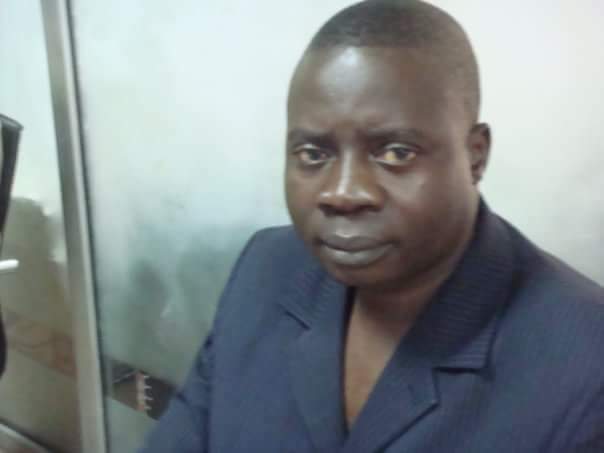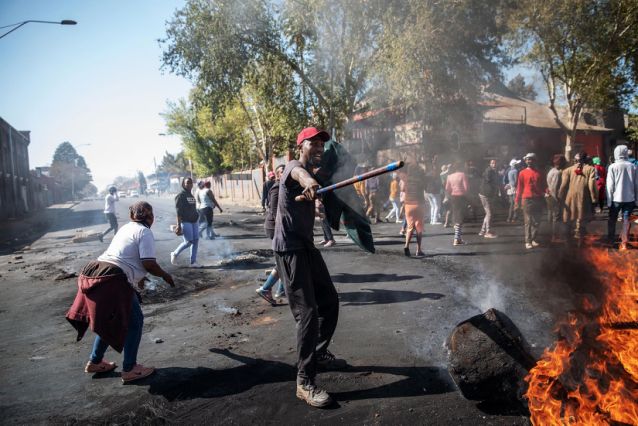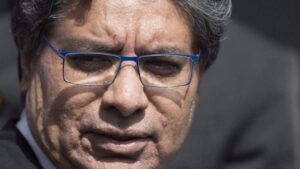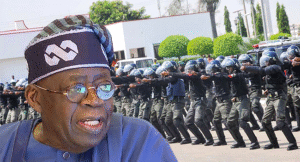
By Adewale Adeoye
Thank you for your viewpoint.
1) I visited SA for the first time in 1997 to attending a conference of human rights organisations across Africa. Olisa Agbakoba and Mrs Ayo Obe were in that delegation. I was sponsored by the British Council.
We passed through Kenya. Nice flight and me and Olisa tried to taste the beer in any of the places we had a stop over. Kenyan beer was so nice and strong.
2) Since then, I had visited SA several times once as Steve Biko Scholarship Award Winner and also as a CNN African Journalist of the Year finalist. I also visited several times on the platform of the African Editors Forum.
Your points are absolutely correct.
Background
Nigeria made tremendous contributions to SA freedom. I was a member of the Youth Solidarity on Southern Africa.I was so excited to visit the newly independent country.
In 1997, Nigerians were received with open hands. South Africans are extremely affectionate people, cool, calm and collected.
They also loved Nigerians. Their girls wanted to marry Nigerians seen to be cultured, the apatheid having for years distorted their cultural heritage.
SOUTH Africans have also given a lot to Nigeria: MTN, STANBIC BANK; DSTV AND HUNDREDS OF SERVICE INDUSTRIES
I ask, Nigeria, African giant, have have we given to SOUTH Africans?
3) Events took ugly turn when Nigerians began to export the worst of virtues to a once exoteric country full of good food, nice people, beautiful ladies with plumb cheeks and rosy hips.
Their ladies were anxious to even mary Nigerians considered at the time to have respect for women and reputed for pampering their girl friends.
Years later when I was in SA, I was invited to lecture in one of their best and oldest universities located in Rhodestown. I had to lodge in a private apartment provided by the school.
The old white lady was reluctant. She said the previous nights, a Nigerian coupled lodged at the apartment and at midnight brought a truck and stole every item in the home including rugs and the TV sets.
But when she realised I was a guest of the school, she gave me another opportunity.
4) I had frank discussions with the old lady. She complained about how immoral Nigerians were: We would shout on the streets, urinate everywhere, loud the music at home and turn pubs into a riot scene. We were also seen as dishonest and lack business ethics.
5) Subsequently, I visited and had a stint with the country’s biggest Sunday newspaper, Sunday Times that used to sell about 600,000 copies.
I had to visit many SA communities for my stories. At this period, Nigerians have started introducing drugs and new narcotics cartels mushroomed across cities and counties.
SA youths were recruited and dehumanized. Young girls were defiled and introduced to drugs.
This network saw SA hospitality as a weapon. They recruited their soul mates from Nigeria and SA became their save haven for the most deadly and most vicious drug ring Africa has ever produced. They also co-opted the SA security operatives offering bribes and grafts.
Gradually, SA was becoming a septic tank of moral horrors nurtured by Nigerians.
This is the story. Nigerians committed what was worse than cultural genocide in SA.
6) Nigerians started providing weapons. They killed each other in the most gruesome manner.
Why? Since the rogue military regime of 1985 came to Nigeria, the first casualty was the moral status of Nigerians. After years of military rule, values and sacred ethics were destroyed by regimes that defined truth through violence and superiority of thoughts proven through the barrels of guns. The military regimes have largely been succeeded by their surrogates in civilian clothing who have continued to promote and fuel the moribund tradition of vile, avaricious and covetous lifestyle.
7) However, South African have no legal justification to react the way they did. Yet, their reaction reflected the licking holes in South African security system which has become another asshole of corruption aided, in part, by Nigerians and some SA politicians.
Lack of effective legal framework by SA security to deal with recalcitrant Nigerians encourage people taking the law into their hands.
To deal with this issue Nigeria must have a deep understanding of the issues involved. Nigeria and SA need to work together to effect the arrest of these criminal elements both the drug cartels and South Africans who resorted to violence instead of constitutional democracy.
8) Loud statements, threats, street and media rage will not address the problems.Nigerians must be troubled about our moral degenegation. We must be worried about those things that drive out people into the extreme angle of beastly conducts and astonishing race for vagabond pride.
We must be worried that Africa’s most populous country increasingly appears to be seen as a curse on the global image and as the Kingpin of the red light district of impunity and degeneration.
The danger now is that some of these criminal elements in South Africa are heroes in Nigeria, some seeking or have already obtained legitimate political status either as elected leaders giving them a legal cover to perpetrate their crime.
THE EFCC needs to do a lot of work. But this will not happen when the political space is dominated by moneybags whose sources of illicit funds mean nothing once they can register as members of any ruling political party.
Nigeria is in deep SHIT is a fact we must accept. Only a leadership with demonstrable and practical love for honesty, probity and not profanity and selective sense of justice can remake the stinking and already battered image of Nigerians.








